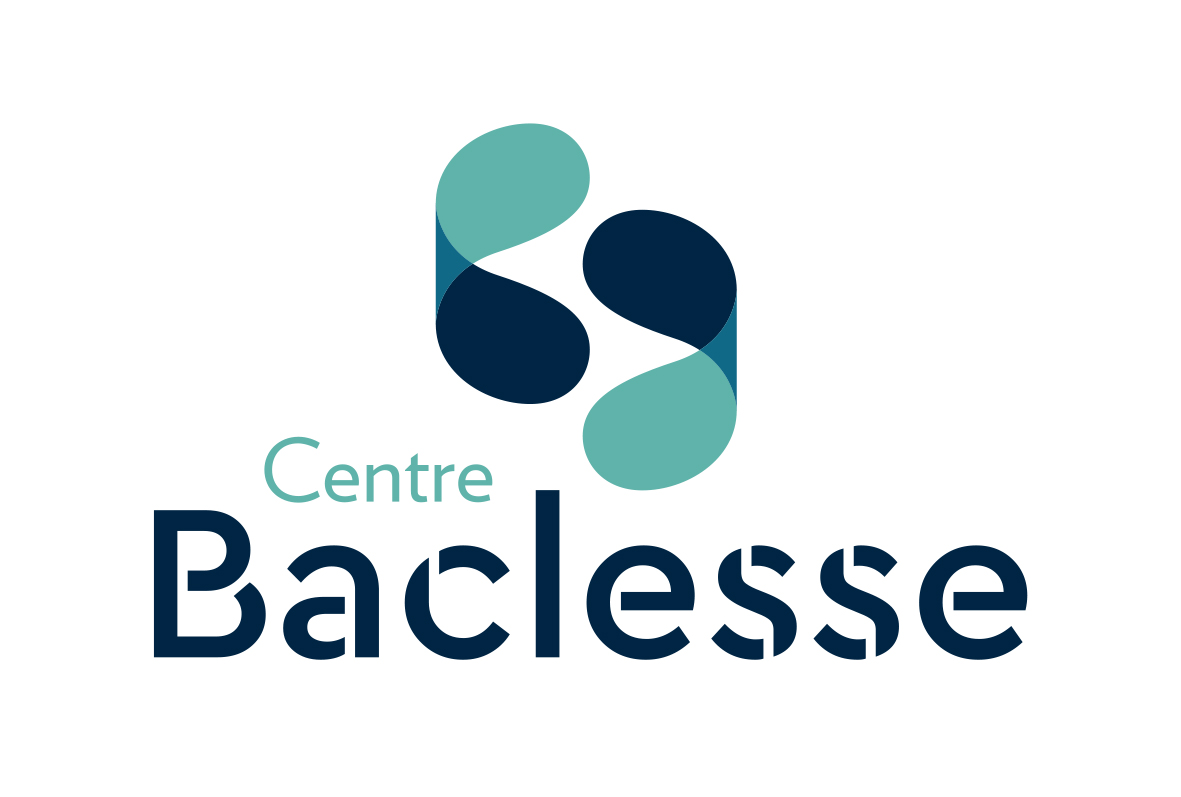Refractory ventricular tachycardia: Is there a role for radiotherapy?
Tachycardies ventriculaires réfractaires : quelle place pour la radiothérapie et comment ?
Résumé
Myocardial scar-related ventricular tachycardia is a serious and potentially life-threatening arrhythmia. The prevention of sudden rhythmic death and ventricular tachycardia recurrence relies on implantable cardioverter defibrillator (ICD), anti-arrhythmic drugs and more recently on radiofrequency catheter ablation. Nevertheless, these approaches have their own risk of adverse events and complications, with a recurrence rate up to 50 % at 2 years. Stereotactic body radiotherapy, delivered in a single dose of 25Gy, has emerged as a new therapeutic tool in the management of highly refractory ventricular tachycardia. In 2017, the very first prospective 5-patient cohort suffering from recurrent ventricular tachycardia on structural heart disease (40 % of ischemic cardiomyopathy) who benefited from cardiac stereotactic body radiotherapy was published. After stereotactic body radiotherapy, the authors observed a strong ventricular tachycardia burden reduction at 12 months, with no major side effects. Since then, around 100 cases have been described in the literature, particularly in the prospective ENCORE-VT study, with positive short- and medium-term outcomes in terms of safety and ventricular tachycardia burden reduction. Recently, another American prospective 5-patient series, published in March 2020, mitigated these results since all patients presented a ventricular tachycardia recurrence at 12 months despite an initial reduction in ventricular tachycardia burden. This article describes the use of stereotactic body radiotherapy in refractory VT, the rationale of the technique, its implementation, preliminary results and potential acute and long-term consequences.
